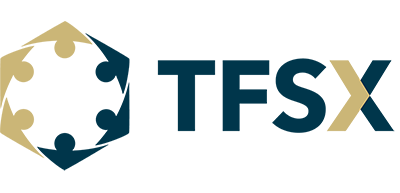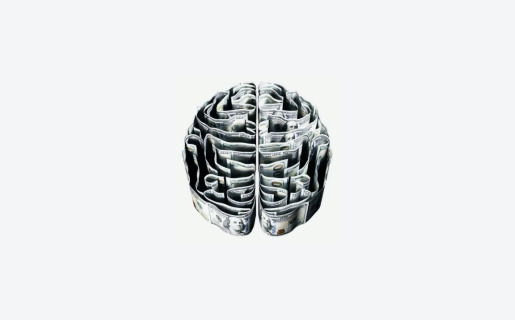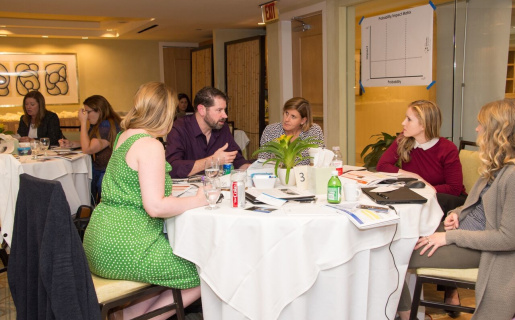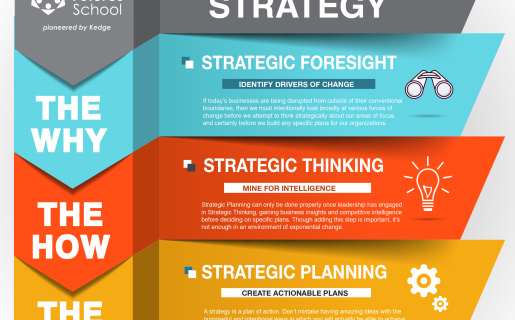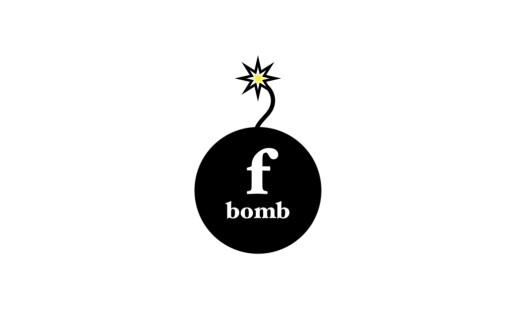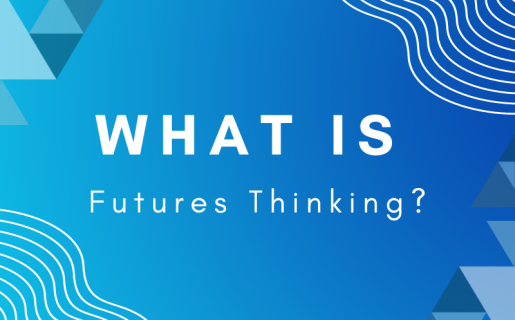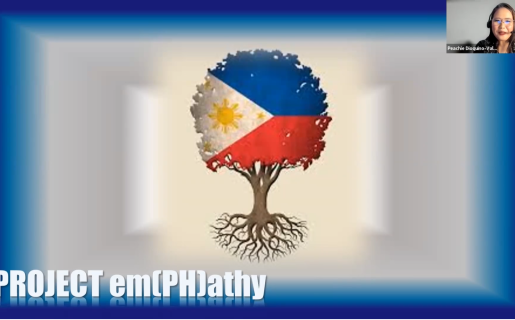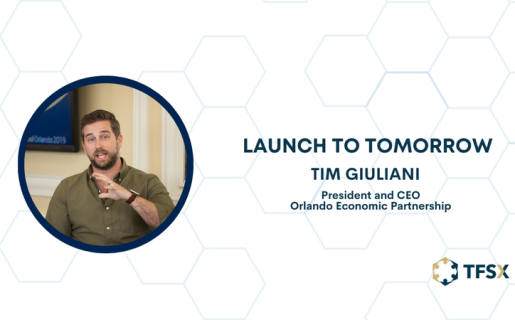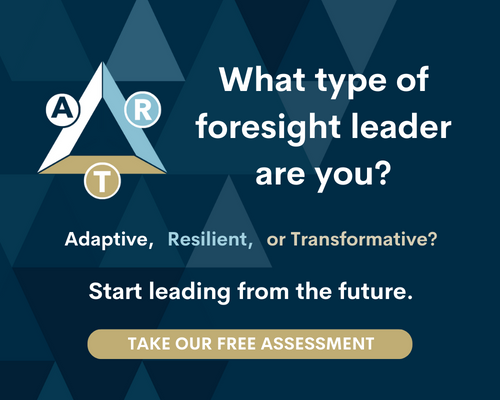Foresight in Market Research
How can we effectively use research to improve organizational decision making?
Can You “Future Proof” Your Design Strategies?
A failure of imagination is the undoing of many great design strategies. With Strategic Foresight, you scan to identify trends, analyze and identify patterns, create multiple future scenarios, and test strategies against these scenarios and adjust to make them adaptable.
Foresight = Data + Intuition + Research + Creativity
In a recent Forbes article, Industrial and Organizational Psychologist, Sesil Pir, toutes why foresight is a critical skill set for all 21st century leaders. “We never experienced the volatility, ambiguity and complexity in managing all of our tasks. It is no secret we all struggle to find the capacity to meet different demands in our roles and have a growing need to be able to think and decide more holistically.” We could not agree more with Pir’s statement. We need…
Creating Strategy in a VUCA World
The ideas that have historically guided us — hierarchical structures of society and organizations, top-down governance, segmented industries, intellectual property, personal ownership — are becoming increasingly irrelevant.
It’s Time To Drop The F-Bomb On Culture
We know what you’re probably thinking: “Wow! Quite the title for a post. They went for it,” or “These guys have finally lost it… they’re nuts!” Well, we might be nuts. But that’s not the point. The point is that it’s time to f_____ culture. Of course, we’re not referring to any group’s national or societal culture. Rather, we’re talking about the system of shared values, beliefs and assumptions that governs how people behave within a company. You know, the…
What is Futures Thinking?
What is futures thinking? Is it the same as Strategic Foresight? What makes someone a futurist? Futures thinking is a mindset that is most commonly associated with creative problem-solving and bold, provoking innovations. Strategic Foresight is a decades-old discipline that allows us to create functional views of alternative futures and possibilities. Through this process, organizations are better prepared for potential threats and are able to capitalize on hidden opportunities. You can think of Strategic Foresight as a sport, a futurist…
Conversation with Peachie Dioquino-Valera
We gathered the Global Foresight Advisory Council and a few alumni to participate in an inspirational discussion with Peachie Dioquino-Valera joining us from the Philippines. Topics included Peachie’s involvement with Climate Works, her focus on inspiring youth to have agency in their futures, the importance of decolonizing the future and regenerative futures, and the power of integrating empathy into futures work.
Spirituality in Foresight
This webcast was originally recorded on August 20, 2021. Foresight can be considered as a mental technology that expands the user’s perspective across time and space. If employed well, foresight can make us more empathetic, more mindful, and more aware. In short, it can open us to new opportunities and empower us to make better decisions in the present. Creating the future is a spiritual practice. Foresight fosters an awareness of the interconnections between all things across time and space.…
The Language of Foresight
In 2014 I was asked to step out of the day-to-day of the business I helped launch and assume the new role of Chief Strategy Officer. The role was mine to define, but it rose out of the need for our organization, a provider of financial services, to become deliberate in our growth. We had grown from a business plan in 2007 to a balance sheet that experienced 1000% growth and made the Inc. 500 in 2012. I was struggling…
Launch to Tomorrow
President and CEO of the Orlando Economic Partnership’s Tim Giuliani and Kedge Founder/TFS Co-Founder Frank Spencer discuss how Strategic Foresight is the core to the seven-county region’s Launch to Tomorrow.
